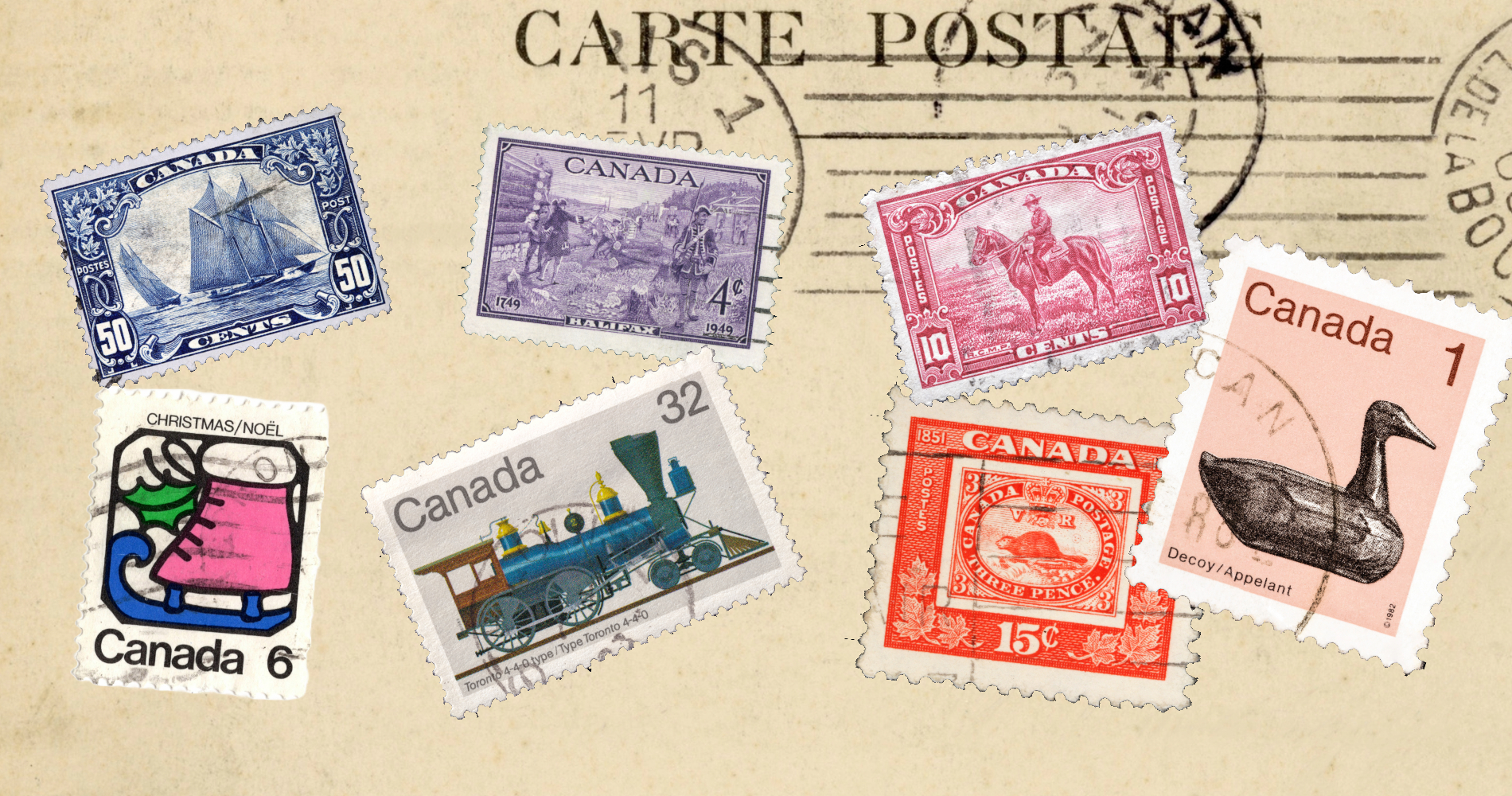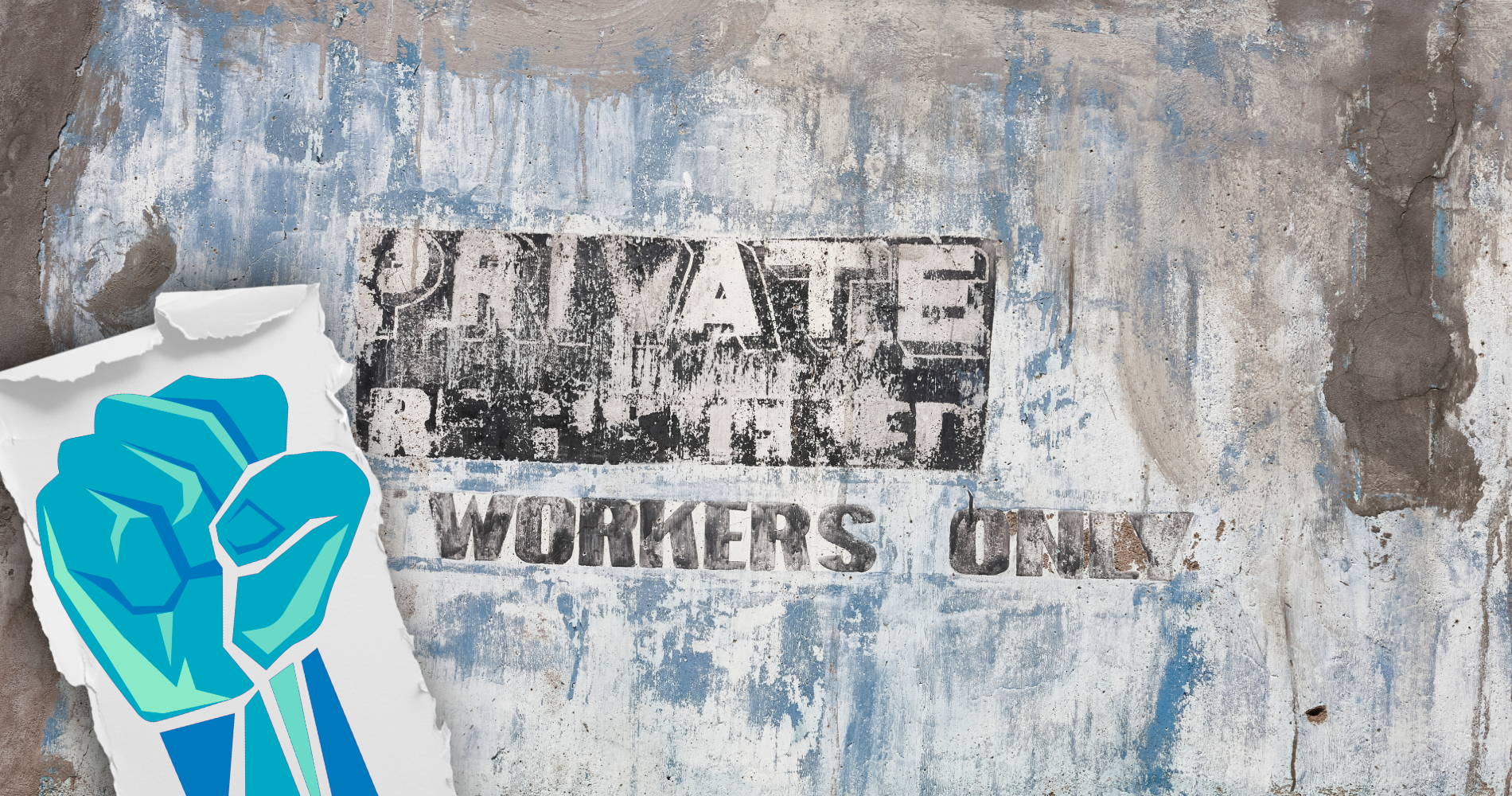News & Research
Read our latest research, policy analysis and commentary
Our publications are available to all at no cost. Please support the CCPA and help make important research and ideas available to everyone. Make a donation today.
-

Youth unemployment is approaching a boiling point in Ontario
Canada is confronting a deepening youth employment emergency that policy-makers and political debates have largely overlooked, as a recent CCPA analysis highlighted.
-

Federal “one Canadian economy” legislation is a power grab
On June 6, Prime Minister Mark Carney tabled his much-anticipated “one Canadian economy” legislation that purports to help the government build nation-making projects and tear…
-

To fight wildfires and heat waves, Manitoba needs a climate plan
FACING a record-breaking heat wave in early May, Manitoba has had a devastating start to its unofficial fifth season — fire season — as wildfires…
-

Before the far right threatened democracy, neoliberalism stripped it down
Fears of the erosion of democracy pervade the headlines. The rise of authoritarian populists around the world, with Donald Trump being the most emblematic, has…
-

Canada must not implement Ecuador free trade deal, say civil society organizations
We urge you to reconsider this trade agreement and to prioritize the protection of human rights, environmental sustainability, and the rights of Indigenous peoples. There must…
-

Low income families in Canada have less disposable income than ever
Canadian households spent an average of $76,750 on goods and services in 2023, a substantial increase of 14.3 per cent over 2021. This boost in spending was…
-

Canada Post is a vital Canadian institution—why doesn’t the government act that way?
On May 23, Canada Post workers once again entered a legal strike position. The Canadian Union of Postal Workers (CUPW) had previously been on strike…
-

Let’s call Bill 5 what it is—a power grab
During Ontario’s February electoral campaign, Doug Ford capitalised on domestic and international stories which affectionately dubbed him “Captain Canada.” Donning a “Canada is Not for…
-

As the U.S. drops the ball on forced labour, Canada must pick it up
Almost five years after Canada’s July 2020 ban on importing goods produced using forced labour, we have very little to show for it. Canadian Border…
-

Still struggling: Racialized workers in the post-pandemic labour market
Racialized workers in Canada faced extra challenges during the pandemic. The recovery has been equally difficult.
-

Canada’s most expensive election promise was climate inaction
The following is a re-print of the April 2025 edition of Shift Storm, the CCPA’s monthly newsletter which focuses on the intersection of work and…
-

Canada’s private sector workers need labour law reform
For private sector unions, the overarching trend of the last forty years has been one of decline. The rise of neoliberalism during the 1980s ushered…
Updates from the CCPA
Read the latest research, analysis and commentary on issues that matter to you.
CCPA Updates